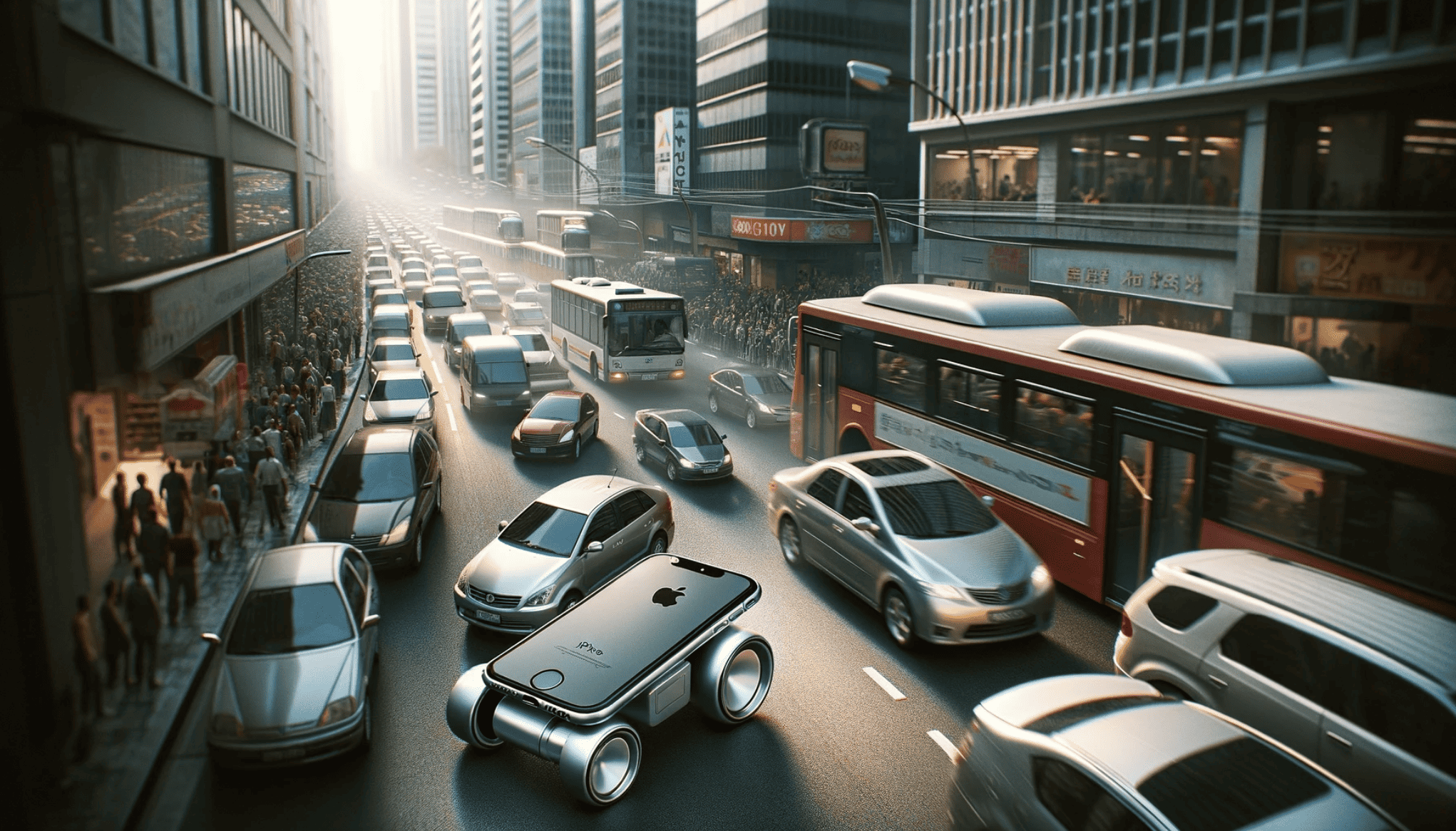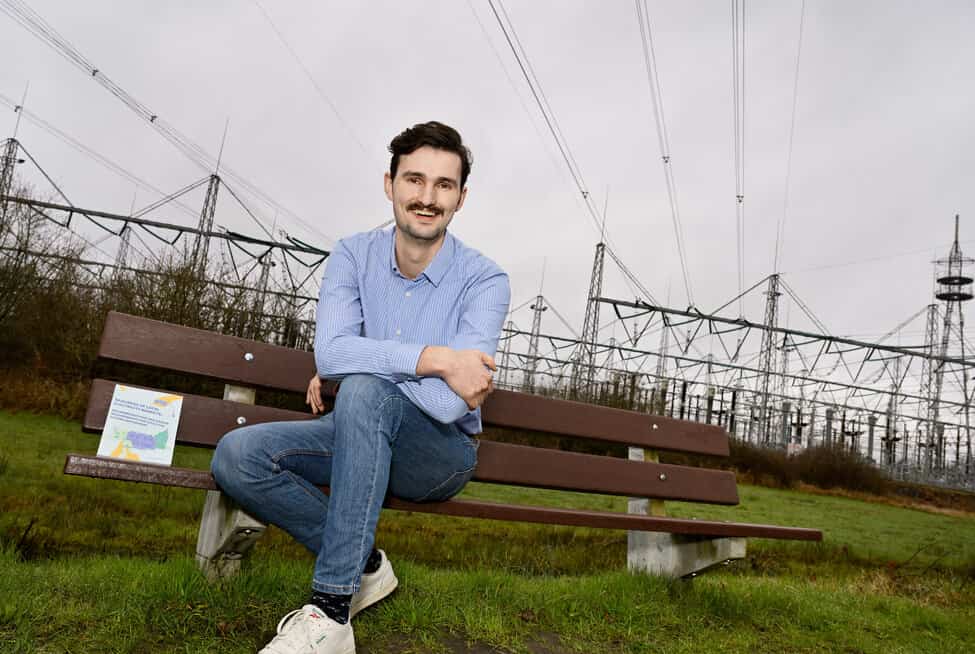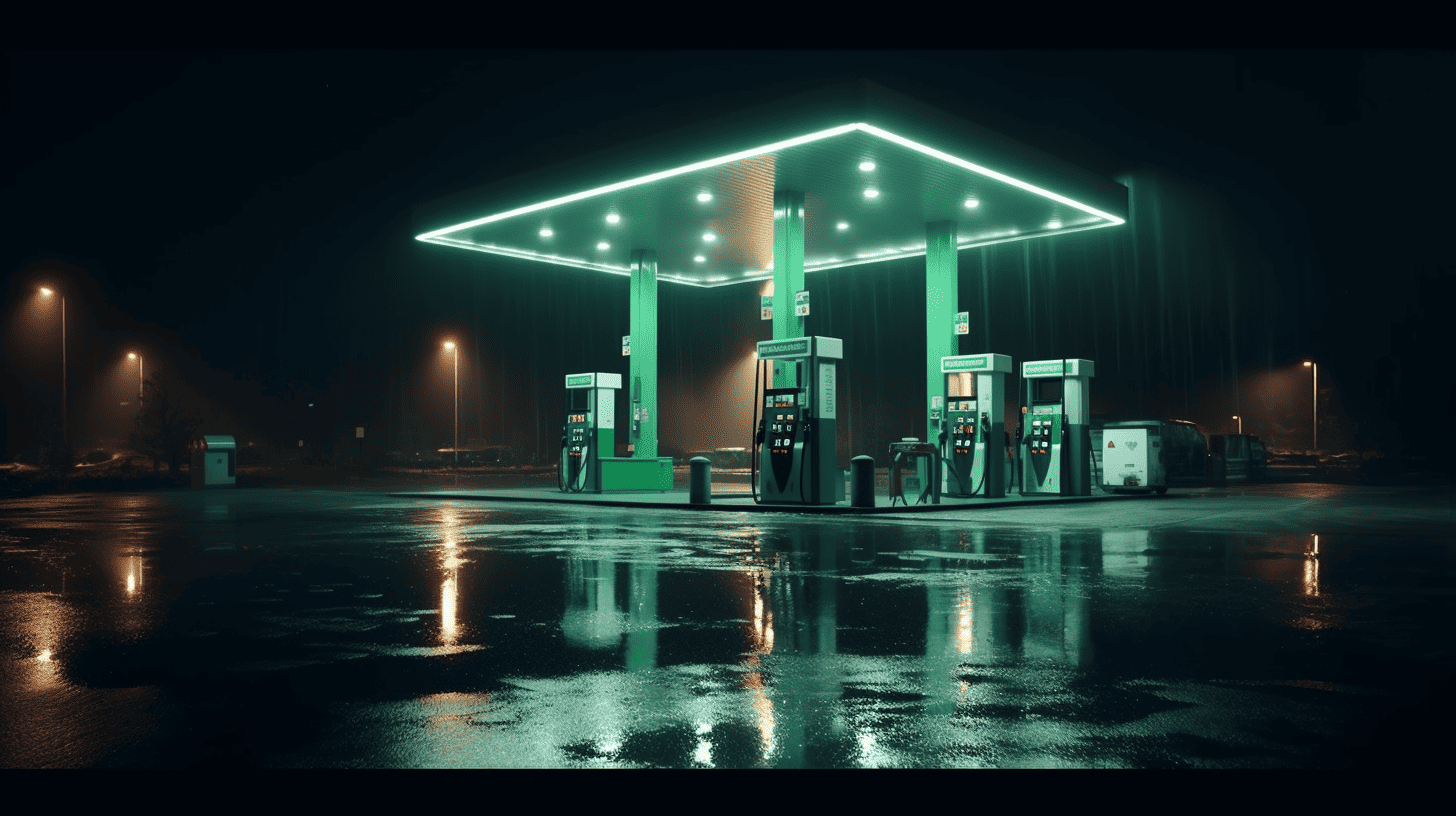
I no longer watch the news on public TV stations. Twitter now drives me up the wall to such an extent that every now and then I even toy with the idea of saying goodbye to all social media. Are you wondering what happened?
The world seems to have gone mad – Germany in particular
I turned 62 just 14 days ago, so I’ve witnessed quite a bit throughout the decades. From the warnings of the Club of Rome in the mid-70s, the announcement of a new ice age in the early 70s, the peace movement in the 80s, the following eco-movement, the NATO double-track decision, to the demonstrations and riots protesting nuclear power plants and the proposed German nuclear waste repository in Wackersdorf, and so on.
The world is not always how it feels
What I know from today’s perspective: I have been fundamentally wrong more than once. Take the NATO double-track decision, for example. In fact, it was the fall of the Iron Curtain that made this possible.
At the end of the 1970s, many people, myself included, were afraid of a nuclear war that would wipe out mankind. Apocalyptic thrillers like “Damnation Alley” or “Mad Max” postulated the downfall of civilization – sometimes following a nuclear war, sometimes after the decline of civil society with the ensuing climatic apocalypse. And finally, there was “Soylent Green,” which deals impressively with the topic of overpopulation and hunger.
Fast forward to the present – the climate crisis, energy crisis, and traffic gridlock
More than ever, ideology seems to dominate public discourse, along the lines of: if we don’t want it to be true, then it can’t be. In Germany, this is called the Bullerby Syndrome, named after Astrid Lindgren’s series, The Six Bullerby Children books. The eponymous attitude is synonymous with what has become a naïve denial of reality that is spreading throughout society.
Denial of reality
It is precisely this denial that now seems to be reaching unimagined heights in Germany – along with energy prices. The only difference is that the denial of reality is primarily prevalent among politicians and seasoned scientists at certain institutes, while energy prices are a lasting burden on the reality experienced by the population at large.
Take energy, for example. A total of 16 years of Merkel led to an energy policy that was downright brainless – forgive me for my direct language. Germany became dependent on Russia for coal, oil, gas and even uranium fuel rods. Germany is financing the current status quo and the Ukraine war. It was also decided to shut down the nuclear power plants BEFORE shutting down coal-fired power plants, while the country simultaneously slacked off on the development of wind and solar energy.
This is now coming back to haunt the Germans
Instead of taking a pragmatic approach and letting the last remaining nuclear power plants continue to run for the time being, the so-called traffic light coalition in Germany keeps finding new excuses as to why nuclear power is not part of the solution – but CO2-emitting coal-fired power plants are. The ideological narrative is: we have a “heat problem, not an electricity problem.”
In the same breath, these same protagonists declare that wind and solar power must be expanded. And quickly. OK, but now all of the sudden the “heat problem” argument no longer counts.
The sun doesn’t send a bill
This is the second argument that is starting to get on my nerves. Of course, the sun doesn’t send a bill. Nevertheless, German energy prices are the highest in Europe and probably even in the world. This is despite the fact that (especially) think tanks in Berlin are constantly telling us that a kilowatt-hour of solar power is incomparably cheap.
CO2 no longer plays a role
In this German crisis, culminated by the Ukraine war, CO2 emissions no longer play a role anyway, because people are rushing to build CO2-intensive coal-fired power plants. If electricity becomes scarce in January 2023 – and it will, because the last nuclear power plants will be taken off the grid and wind and solar will hardly play a role at that time – we Germans can still make up the shortfall by buying from our neighbors, like France, for example, the site of much-maligned nuclear power plants. But Germany can keep its hands clean.
How inconvenient that a kilowatt-hour in Germany now emits up to 450 g of CO2, while the “stupid” French emit only about 50-70 g per kilowatt-hour. They are stupid, according to the loudly-voiced opinion of certain circles, because they rely on low-CO2 nuclear power plants.
Gas supplies and fracking
Since the Ukraine war, Germany has been trying to compensate for Russian gas supplies with other sources. Hastily, provisional liquefied natural gas terminals are being built to unload U.S. supplies (at incredibly high prices) of gas extracted by fracking. This makes the U.S. the biggest war profiteer, after Russia.
Germany has gas reserves that could compensate for Russian supplies, (besides the nuclear power plants that have been shut down) but: fracking is banned in this country. From others, of course, we gladly take fracked gas. Germans can keep their hands clean.
The moralistic know-it-alls
Do you understand now why I am, let’s say it diplomatically, going nuts? I don’t understand these Germans anymore. Certain Germans, mind you.
Last but not least, a fun fact
The traffic light coalition wants CO2 emissions to drop dramatically. They want to ban private gas heating in favor of heat pumps, electrify transportation sooner rather than later, decarbonize industry, and show the world that Germany “gets it.” Electricity demand will more than double as a result of these targets. The decarbonization of the chemical industry alone will lead to an additional demand for electricity that is as high as the country’s current total consumption.
Cheap, clean electricity guarantees prosperity. But what we are currently experiencing in Germany is the destruction of prosperity and the associated deindustrialization. Industries that are no longer competitive thanks to skyrocketing electricity prices will either cease operations or move away in the medium term.
But why am I getting all worked up? After all, German hands are clean.
About this column:
In a weekly column written alternately by Eveline van Zeeland, Eugene Franken, Katleen Gabriels, PG Kroeger, Carina Weijma, Bernd Maier-Leppla, Willemijn Brouwer and Colinda de Beer, Innovation Origins tries to figure out what the future will look like. These columnists, sometimes joined by guest bloggers, are all working in their own way to find solutions to the problems of our time. You can read previous episodes here.







